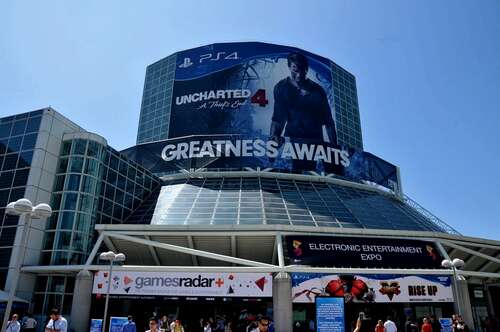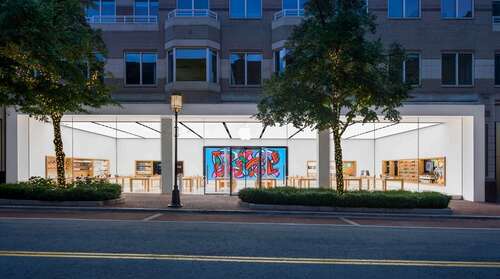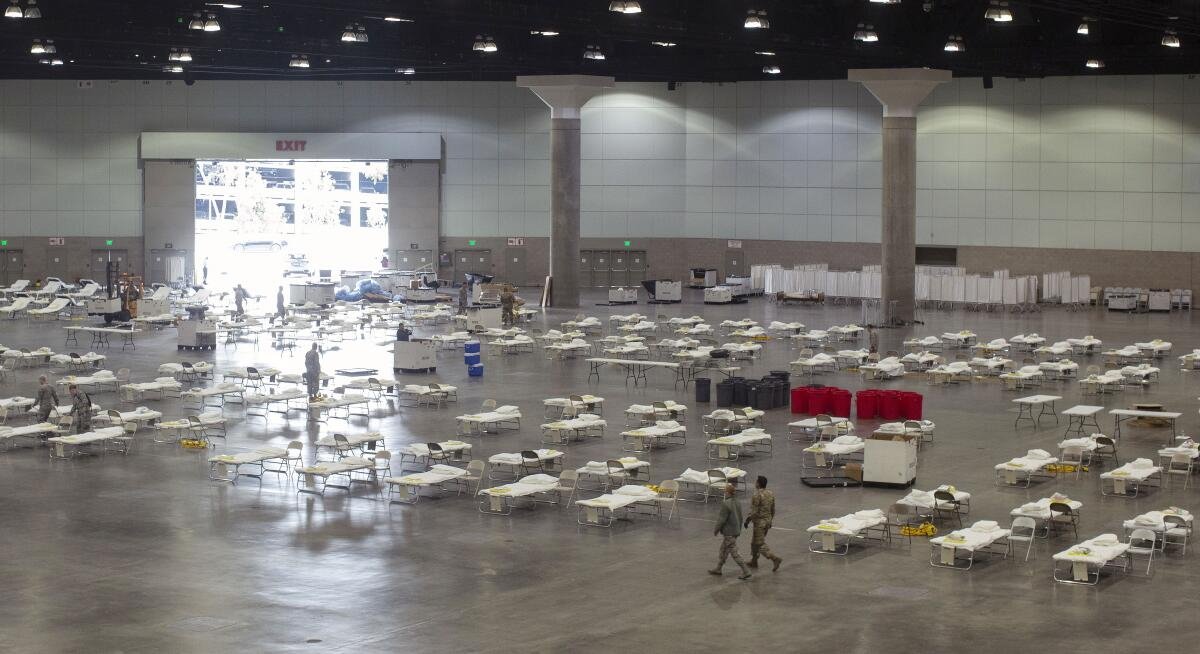The Electronic Entertainment Expo, or E3, is done for good, the event’s organizers announced on Tuesday. Apple’s success in game sales and disregard for the entire trade show concept can take some credit for killing it — at least indirectly.
Even for the most grizzled veteran of Apple-centric events admire Macworld Expo and WWDC, E3 was on a different scale, entirely. For a week every May (sometimes June), every hotel, restaurant and public space in downtown L.A. was besieged by tens of thousands of video game industry people and industry-adjacent people, clamoring to see the latest the industry had to offer and make deals.
E3 was never an event intended for game developers. That’s GDC, which still happens annually in San Francisco’s Moscone Center, the historic home of Macworld Expo. E3 was the show for the “suits” — the marketing and sales people and the retailers they wanted to get in front of. It was put on by the Entertainment Software Association (ESA), a trade association representing the video game industry.
For most of E3’s life, it was industry-exclusive. You either had to be vetted as part of the game business or press to get in the door. That exclusivity drove E3’s cachet as a huge, big-budget extravaganza where exhibitors tried to outdo each other with ever more outlandish and ridiculous booth designs, swag, and parties.
And while Apple was never at the center of E3, they were certainly a part of it for years. They showed off the iMac to guests at the 1998 E3, months before its general release. They rented booth space and office space at other E3s too.
But by 2005, Apple’s presence was strictly off the books. Cupertino sent developer relations and marketing emissaries mostly incognito to confront with select contacts, but didn’t bother to preserve a public presence at the event anymore.
Between 2009 and 2014, the tone shifted. There were many initial accounts in that time frame of Apple not being there because they weren’t a player, to fear that Apple was going to eat their lunches closer to the end of that. The complaints only got louder and more fearful afterwards.
The complainers had a point, because Apple did eat that lunch. Apple isn’t a game developer on its own, but it reaps a giant amount of the game industry’s profits, eclipsing Nintendo and Microsoft.
Party of one
As Apple withdrew from E3, it also pared down public appearances at other events. When Macworld Expo moved from New York City back to Boston in 2004, Apple tapped out. Apple would pull up stakes from the San Francisco show a few years later.
Neither show thrived without the guest of honor. Macworld Expo Boston’s disastrous return was over almost before it started. The San Francisco show would last longer after Apple left, but it was never the same.
Apple also stopped exhibiting at other events it had long participated in, admire the National Association of Broadcasters (NAB) show. Apple spiked the Paris, France-based Apple Expo.
By then, Apple’s strategy was clear. It’d rather throw its own party than be a guest at someone else’s.
Executives at other consumer tech companies took notice of what Apple was doing. The big anchors of E3 — the biggest publishers and console makers — understood they could control their message on their plan, just as Apple had done.
Within a few years, the exodus of game companies from E3 would pick up speed. The ESA tried to reinvent the show several times, but the damage was done and E3 never picked up the same momentum again.
Cutting out the middleman
Apple spearheaded another trend that would signal the death of E3 — going direct to the customer. That happened first with its retail stores, an effort that was already in full swing and paying dividends in terms of public mindshare by the time Apple drew back its public appearances at other trade events.
Apple said as much when it announced its divorce from Macworld Expo.
“Apple is reaching more people in more ways than ever before, so admire many companies, trade shows have become a very minor part of how Apple reaches its customers,” said Apple in a press release announcing its final Macworld Expo appearance.
Apple announced this decision shortly after launching an App Store for its new iPhone customers, and its explosive success accelerated this trend. Apple had a direct, thriving retail and online pipeline to the people using its products.
Apple didn’t invent online commerce. But its enormous success reinforced the model to risk-averse game execs, who followed suit.
E3 was an important seasonal event for the video game market at a time when getting boxed products onto store shelves could make or break a publisher’s annual sales. Everyone opening their own app store was another nail in E3’s coffin.
The death of E3
2019 marked the end of E3, for all intents and purposes, and it went out with a thud. First, the ESA experienced two back-to-back data breaches after that year’s event that the exposed personal info of thousands of E3 attendees.
Part of the L.A. Convention Center, E3’s home, was turned into a field hospital at the height of the pandemic
In-person E3 events in 2020 and 2021 were cancelled as public health risks. The ESA cited the same reason for cancelling the 2022 show.
But eagle-eyed observers noted that the venue had not been reserved as it had been in years past, suggesting that the ESA was using COVID as an excuse, rather than a reason.
In March, the show’s organizers punted on the 2023 event with a weak apology, but the final death notice for E3 didn’t come until December.
Sadly, we haven’t heard from anyone in the game business who’s particularly lamenting E3’s demise. Maybe a few will miss the parties, but that’s about it.
But between the ESA’s managerial missteps and the changing nature of the game business, E3 was a dinosaur — huge, lumbering, and increasingly anachronistic, a symbol of game industry excess and hubris. And just admire the dinosaurs, its time is over.
In the end, COVID might have ultimately done more to extinguish E3 than anything else. But Apple used those lemons to make lemonade.
The pandemic gave Apple the impetus to speed up WWDC’s evolution away from an unwieldy large-scale public event to an online-only gig that reaches more people than ever and does it efficiently and effectively (small gatherings on keynote day notwithstanding).
And ultimately, Apple’s success at controlling its own message on its own timetable continues to serve as a model for consumer tech businesses in and out of the game industry.




